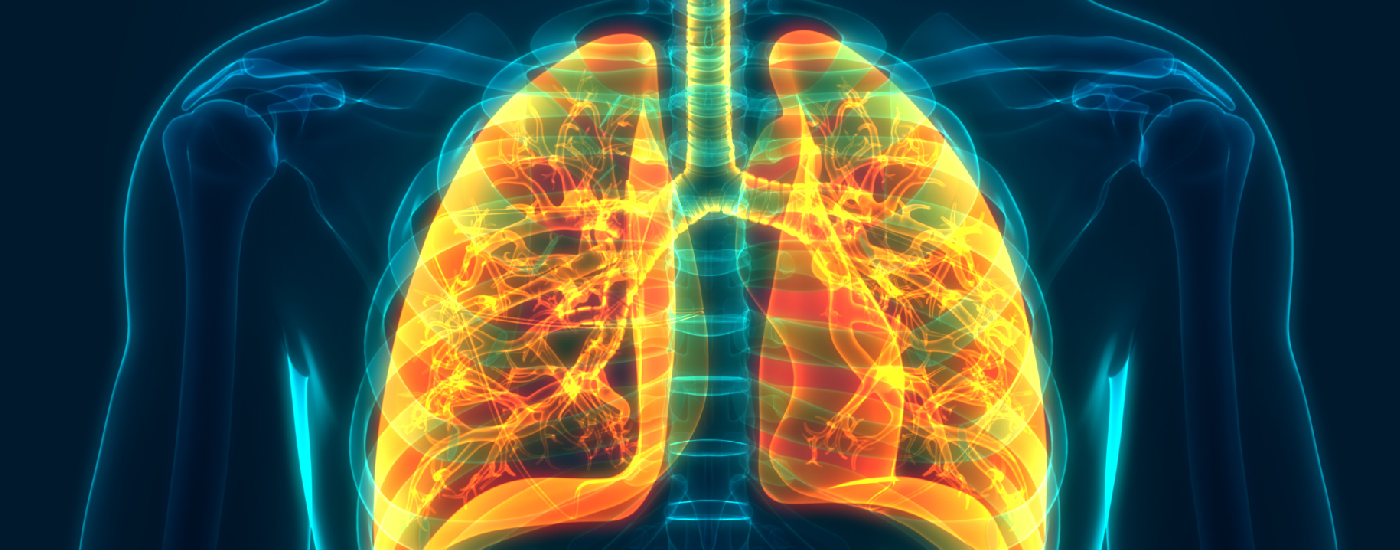COPD, or Chronic Obstructive Pulmonary Disease, is a lung disease that develops slowly. As the disease develops, airways narrow. Lung tissue becomes damaged. This affects how air flows through the lungs.
Symptoms and Stages
COPD symptoms include cough, shortness of breath, and increased mucus production.
The early stages of COPD are easy to overlook. Many people may not have symptoms until years after the disease begins.
No current medical therapies slow the disease’s progress. This is in part because each case of COPD is different.
Rates of COPD
It is thought that for every person diagnosed with COPD, another person goes undiagnosed. COPD is common among people exposed to tobacco smoke.
COPD is the third leading cause of death worldwide, according to the World Health Organization.

Study Goals
SPIROMICS is the SubPopulations and InteRmediate Outcome Measures in COPD Study. The goal of SPIROMICS is to understand COPD in new ways.
Study participants have different stages of COPD. A participant’s genes, physical functions, and other clinical changes over time are tracked. This will hopefully help identify better treatments.
SPIROMICS is funded by the National Heart, Lung, and Blood Institute (NHLBI) with the National Institutes of Health (NIH) and the COPD Foundation.
Why SPIROMICS is Unique
SPIROMICS, and its sister study SOURCE, are unique because of their large scale and multiple approaches.
We are really going at COPD from all angles. Genes, inflammation, imaging (like X-rays), and participant feedback about their health are all factors.
Our Research Teams are led by top pulmonologists around the United States. Each study site and our participants contribute to an immense and growing body of knowledge.

Enrollment and Current Participant Activities
Enrollment for SPIROMICS, and for its sister study, SOURCE, is closed. Starting in 2024, a new phase of phone calls and clinic visits began for study participants.
If you are a participant, please watch for these phone calls. You also may be invited to visit your local study location. We look forward to talking with you!
We deeply value the contributions of our 2,982 SPIROMICS participants across the United States. Our participants graciously continue to give their time for clinic visits and follow-up.
Thank you for helping us to better understand this critically important disease.








